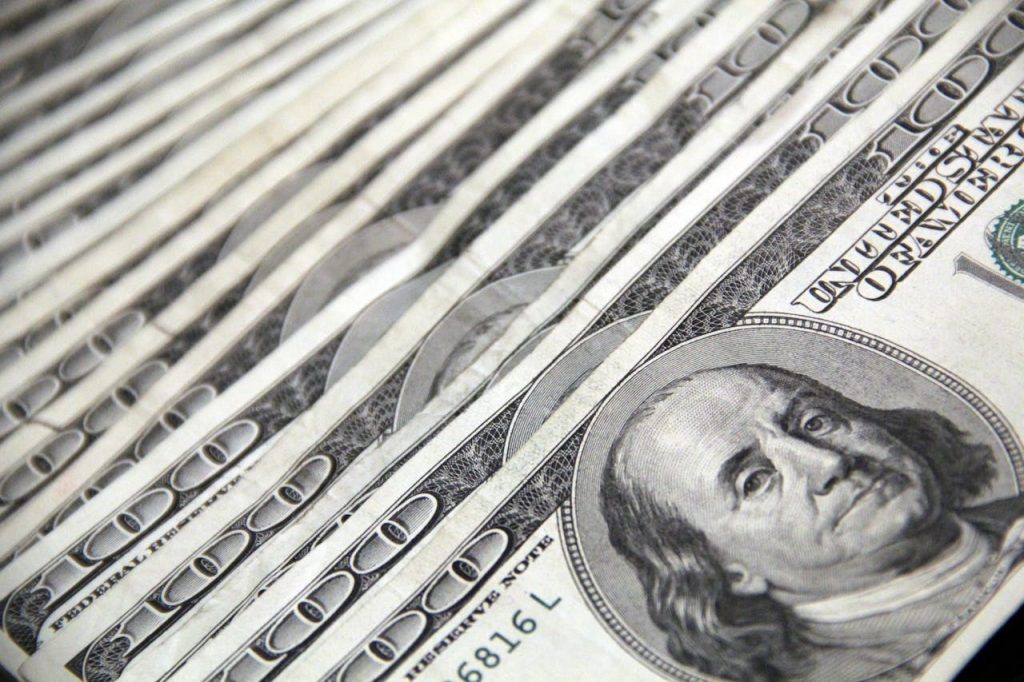
Image source: pexels.com
It’s easy to assume that a higher income solves money problems. Many people believe that if they just earned more, they’d have plenty of cash on hand. But the reality is more complex. Even high earners often find themselves short on liquid funds, surprised by how little they have left at the end of each month. This isn’t just about spending habits—it’s about how money flows in and out of your life. Understanding why this happens can help anyone, regardless of income, make smarter financial decisions.
1. Lifestyle Creep
One of the biggest reasons high earners end up with less cash on hand is lifestyle creep. As income increases, so do expenses. It’s tempting to upgrade your home, car, vacation plans, and even daily habits. Maybe you start dining out more, buying designer clothes, or choosing luxury experiences. These changes seem harmless at first, but over time, they add up.
When your lifestyle rises to match your earnings, you may not actually save or invest more. The extra money simply covers new expenses. This phenomenon, sometimes called “lifestyle inflation,” can quietly erode your financial cushion. Even high earners fall into this trap, finding themselves with little left over for emergencies or long-term goals.
2. Taxes and Withholdings
High earners often overlook just how much of their income goes to taxes. The more you make, the higher your tax bracket—and the bigger the bite out of each paycheck. Federal, state, and sometimes local taxes can significantly reduce take-home pay. Withholdings for Social Security, Medicare, and other benefits chip away further.
This can be especially surprising when bonuses or commissions arrive. A large bonus might feel like a windfall, but after taxes, the amount deposited can be much smaller than expected. Planning for taxes is essential, yet many high earners underestimate this expense and end up with less cash on hand than they thought possible.
3. Debt Servicing
It’s not uncommon for high earners to carry substantial debt. Mortgages on expensive homes, car loans, student loans for professional degrees, and even credit card balances all demand regular payments. These obligations can eat up a large portion of monthly income.
Some high earners assume they can afford bigger debts because of their salary. However, high monthly payments reduce flexibility. This leaves less cash available for day-to-day spending or unexpected expenses. Over time, debt servicing can become a burden, even for those with impressive incomes.
4. Poor Cash Flow Management
Managing cash flow isn’t just for businesses—it’s crucial for individuals, too. High earners sometimes neglect to track where their money goes. Without a clear budget or spending plan, it’s easy to lose sight of cash flow. Automated bill payments and subscriptions can drain accounts quietly in the background.
Not all expenses are monthly. Annual insurance premiums, quarterly tax estimates, or occasional home repairs can catch people off guard. If you’re not planning ahead, these larger but less frequent expenses can wipe out your available cash. Even high earners can find themselves scrambling when bills hit at the wrong time.
5. Over-Investing in Illiquid Assets
High earners often invest aggressively, which is great for long-term wealth. However, putting too much into assets like real estate, retirement accounts, or private equity can backfire. These investments aren’t easy to convert to cash quickly.
If most of your net worth is tied up in illiquid assets, you might appear wealthy on paper but still have little cash in your checking account. Emergencies or opportunities requiring liquid funds can be stressful. Balancing investments with enough cash reserves is key, yet many high earners underestimate this need.
6. Family and Social Pressures
Earning a high income can come with expectations—from family, friends, or even colleagues. You might feel pressure to pay for group dinners, fund family events, or contribute to causes. Sometimes, high earners become the go-to person for financial support in their circles.
These social obligations can be hard to refuse and may become a steady drain on your available cash. Over time, these “invisible” expenses add up, leaving less for your own goals and needs.
Building Healthy Cash Habits for High Earners
High earners aren’t immune to cash flow challenges. Earning more doesn’t automatically mean you’ll have extra money lying around. The combination of lifestyle creep, taxes, debt, and social pressures can leave even the most successful professionals with less cash on hand than they expect. Understanding your unique financial situation and being intentional with spending and saving are the first steps to building a stronger cash position.
To improve your cash flow, consider tracking your spending, setting clear savings goals, and maintaining a healthy emergency fund. You might also want to consult with a fee-only financial advisor who can provide unbiased guidance.
Have you ever found yourself surprised by how little cash you had at the end of the month, despite earning a good salary? Share your experience and your best tips for managing cash flow in the comments below!
What to Read Next…
- Are These 7 Little Expenses Quietly Costing You Thousands A Year?
- 10 Signs You’re Living Above Your Means Without Realizing
- How Many Of These 8 Middle Class Habits Are Keeping You Poor?
- Are These 6 Helpful Budget Tips Actually Ruining Your Finances?
- 7 Hidden Fees That Aren’t Labeled As Fees At All

Travis Campbell is a digital marketer/developer with over 10 years of experience and a writer for over 6 years. He holds a degree in E-commerce and likes to share life advice he’s learned over the years. Travis loves spending time on the golf course or at the gym when he’s not working.
Leave a Reply